The Alabama Supreme Court ruled that frozen embryos have the same rights as children. This decision could have sweeping implications for reproductive rights and fertility treatment across the state.
Alabama already has some of the strictest reproductive laws in the United States, but how did the state’s Supreme Court come to this decision? Let’s break it down.
The Inciting Incident

Three couples who had frozen embryos at a fertility clinic filed wrongful death cases after “a patient at the Hospital managed to wander into the Center’s fertility clinic through an unsecured doorway,” and removed several embryos and destroyed them, according to the state Supreme Court.
The couple then sued the medical facility for failing to adequately secure these embryos. After a lower court dismissed the case, stating that embryos are not living children, the couples took the case to the state’s Supreme Court.
The Lawsuit for Wrongful Death Extends to “All Unborn Children”
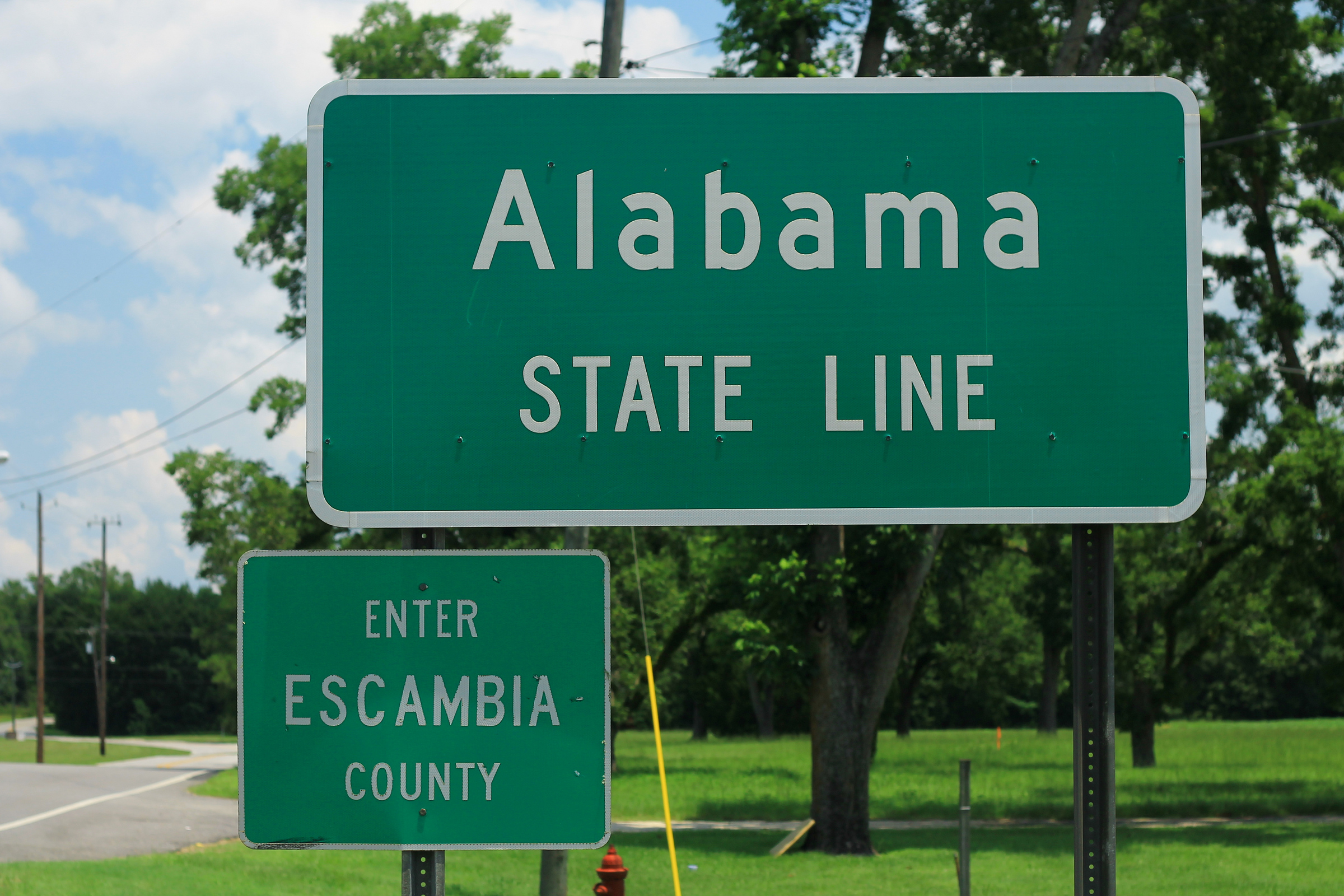
In an interpretation based on anti-abortion language in the Alabama Constitution and recent post-Roe v. Wade legislation, the Alabama Supreme Court ruled that an 1872 state law allowing lawsuits for the wrongful death of minor children extends to “all unborn children, regardless of their location.”
“Unborn children are ‘children’ … without exception based on developmental stage, physical location, or any other ancillary characteristics,” Justice Jay Mitchell wrote in Friday’s majority ruling by the all-Republican court.
Alabama Has the Strictest Anti-Abortion Laws
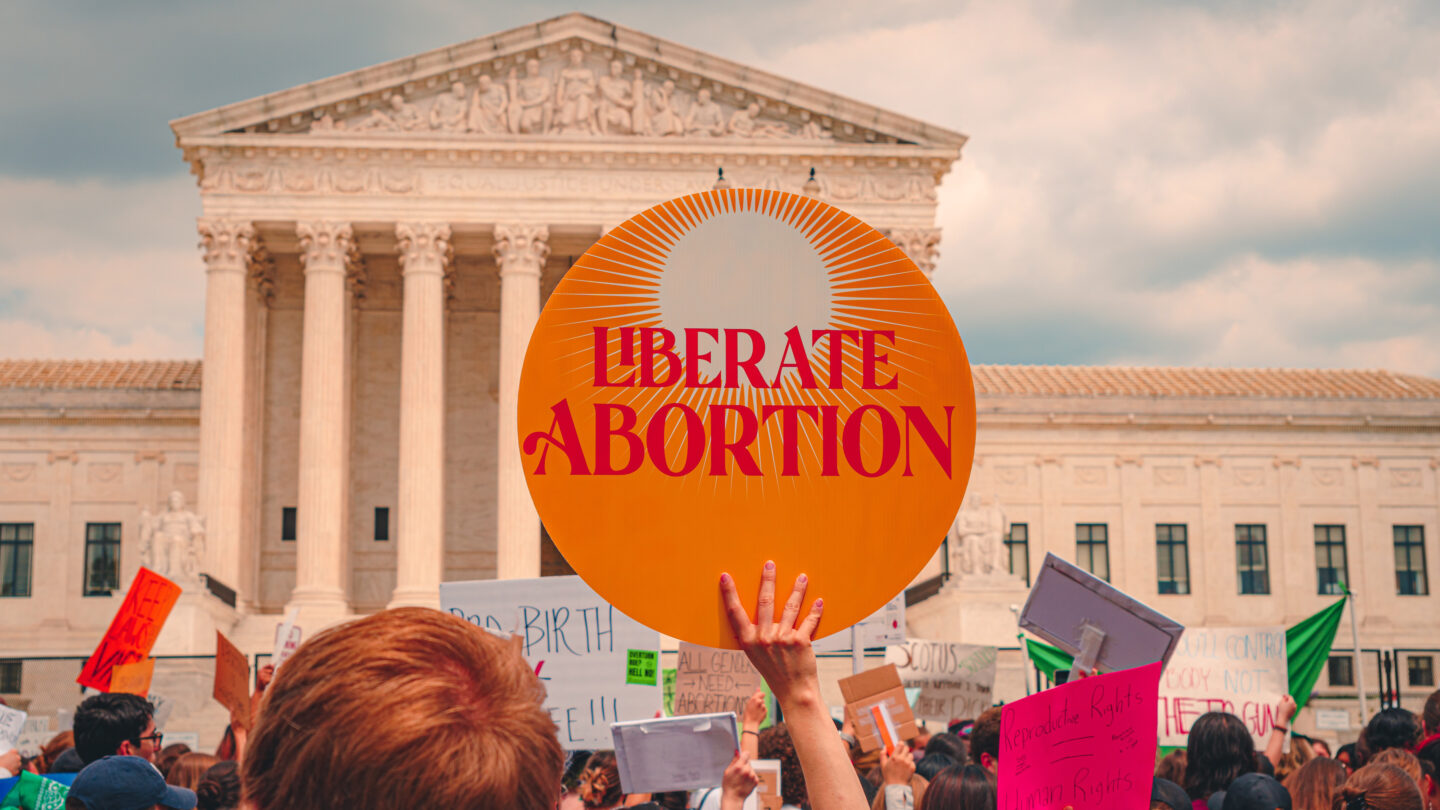
Alabama currently has the strictest anti-abortion laws in the United States. That state rules that life begins at conception, and has made most forms of abortion illegal after the U.S. The Supreme Court handed authority on abortion law to the states.
The state bans abortion at any stage of pregnancy with the only exemption for pregnancies that threaten a patient’s health.
What Is Vitro Fertilization?
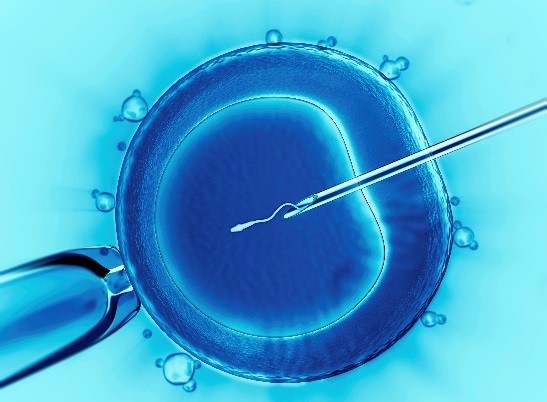
It seems that Alabama’s abortion ban now covers embryos outside of the womb. In vitro fertilization (IVF) involves fertilizing human eggs outside of the womb. Typically, practitioners fertilize more eggs than they will use, and they freeze the unused eggs.
Before this ruling, couples could use unused eggs later or have a supply if the first attempts to implant the eggs do not take.
How Could This Ruling Affect IVF Clinics?
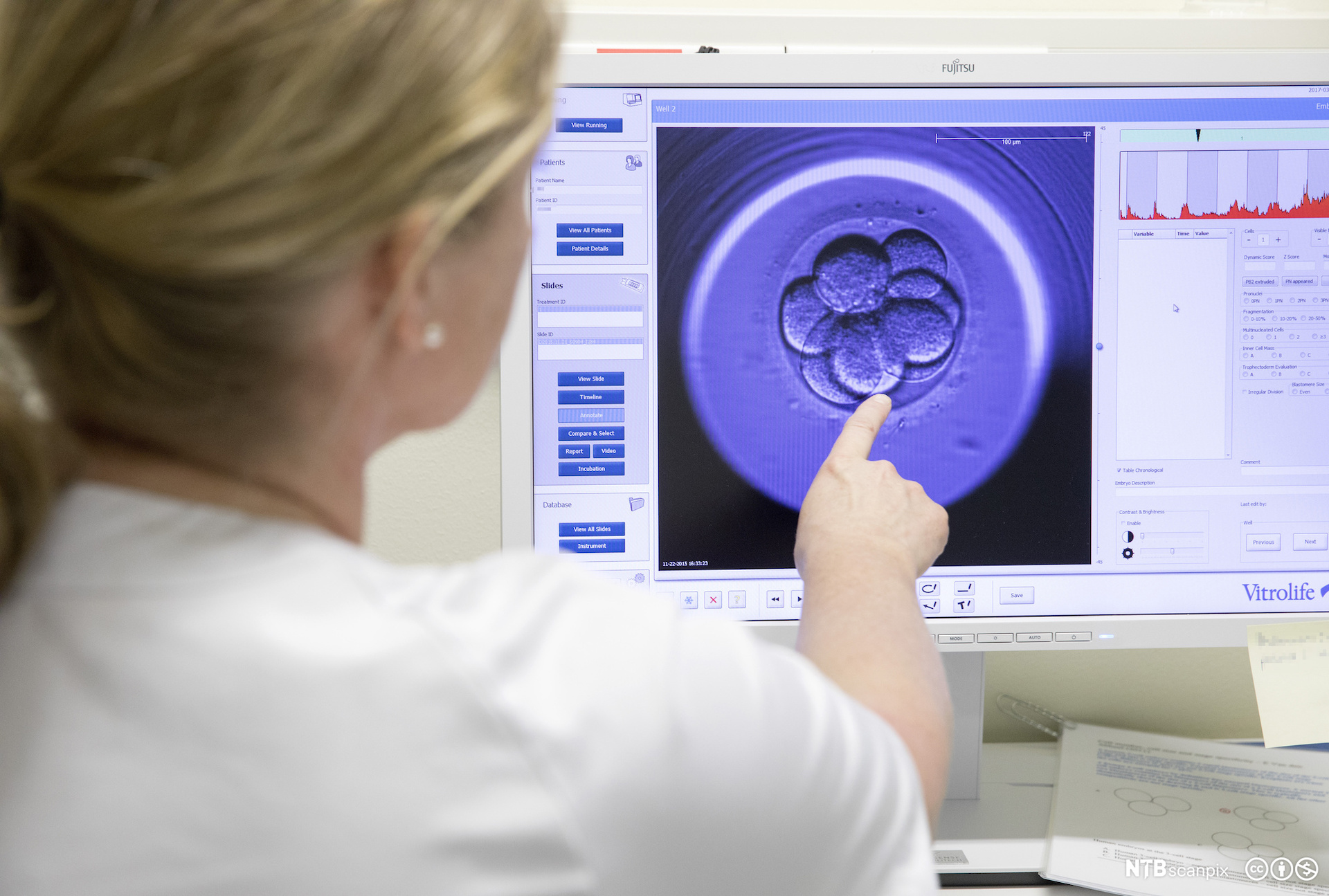
With Alabama now considering embryos to be living children at any stage, the risk of child loss during the thawing process, implantation process, and disposal process puts these fertility clinics between a rock and a hard place.
The Repercussions of Burdick-Aysenne

While it is currently unclear if the Alabama Supreme Court’s decision in Burdick-Aysenne v. Center for Reproductive Medicine–which determines that Alabama’s Wrongful Death of a Minor Act extends to frozen embryos–makes it illegal to destroy an embryo, it also makes it unclear if IVF can happen.
Because of this new law, same-gender couples or those who have trouble naturally conceiving within the state of Alabama without the option of undergoing IVF if it is no longer permitted.
Who Else Is Affected by Burdick-Aysenne?
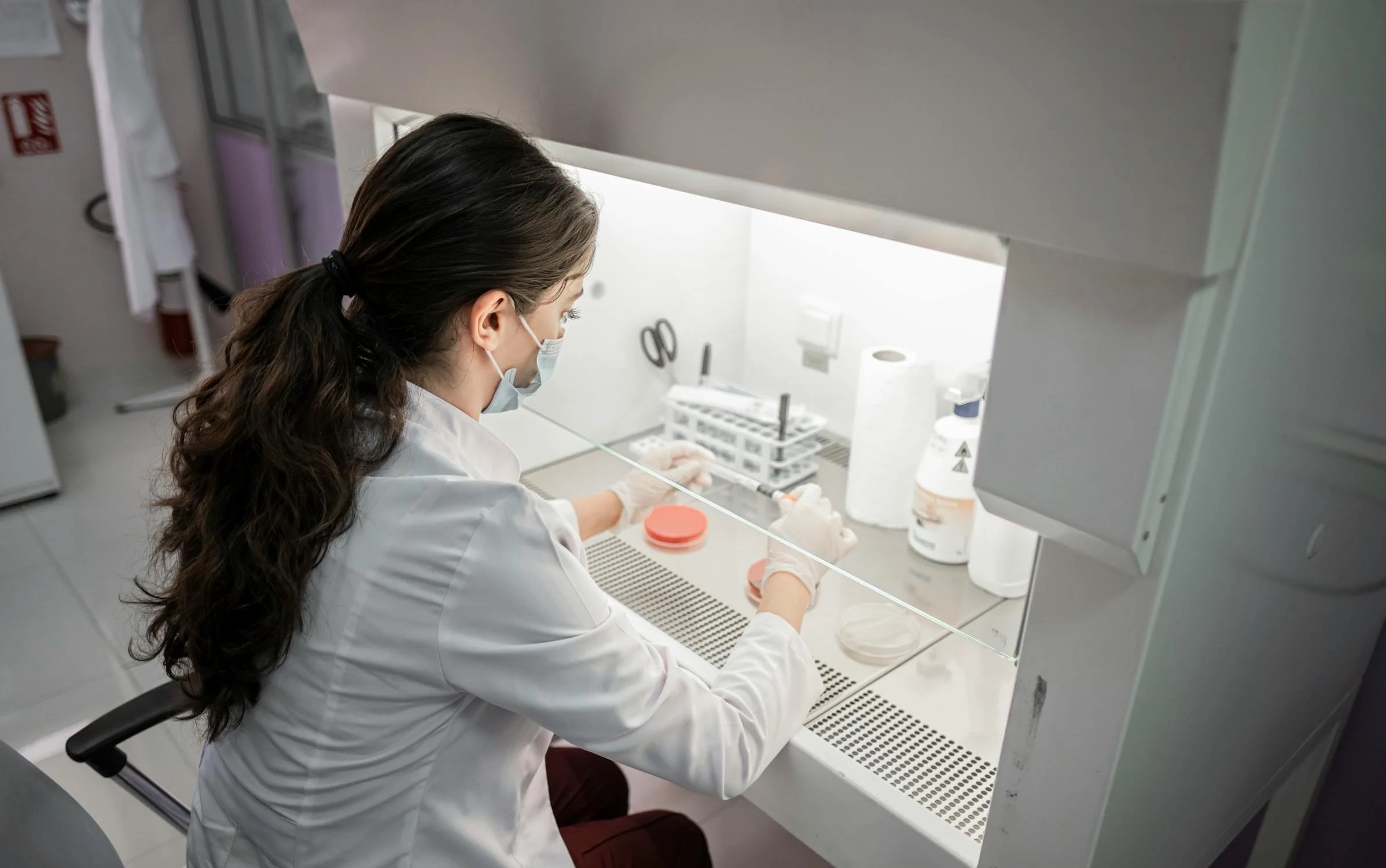
If IVF can still happen under the Burdick-Aysenne decision, the risk posed to medical facilities might be too high for them to continue operations in the state. These facilities would have to pay outlandish costs to store frozen embryos long after it is clear that no one will ever use them.
It appears that the couples upset about a situation at their medical facility might have made it harder for themselves and others to undergo IVF.
Why Did the Plaintiffs Sue Under the Wrongful Death of a Minor Act?

The plaintiffs also sued for negligence and breach-of-contract claims in addition to suing under the Wrongful Death of a Minor Act. They believed they had good reason to prefer a court decision awarding them under the wrongful death statute because it allows them to collect more money, according to Vox.
“[T]hese cases concern nothing more than an attempt to design a method of obtaining punitive damages,” Justice Will Sellers wrote in a partial dissent.
What Is the Wrongful Death of a Minor Act?
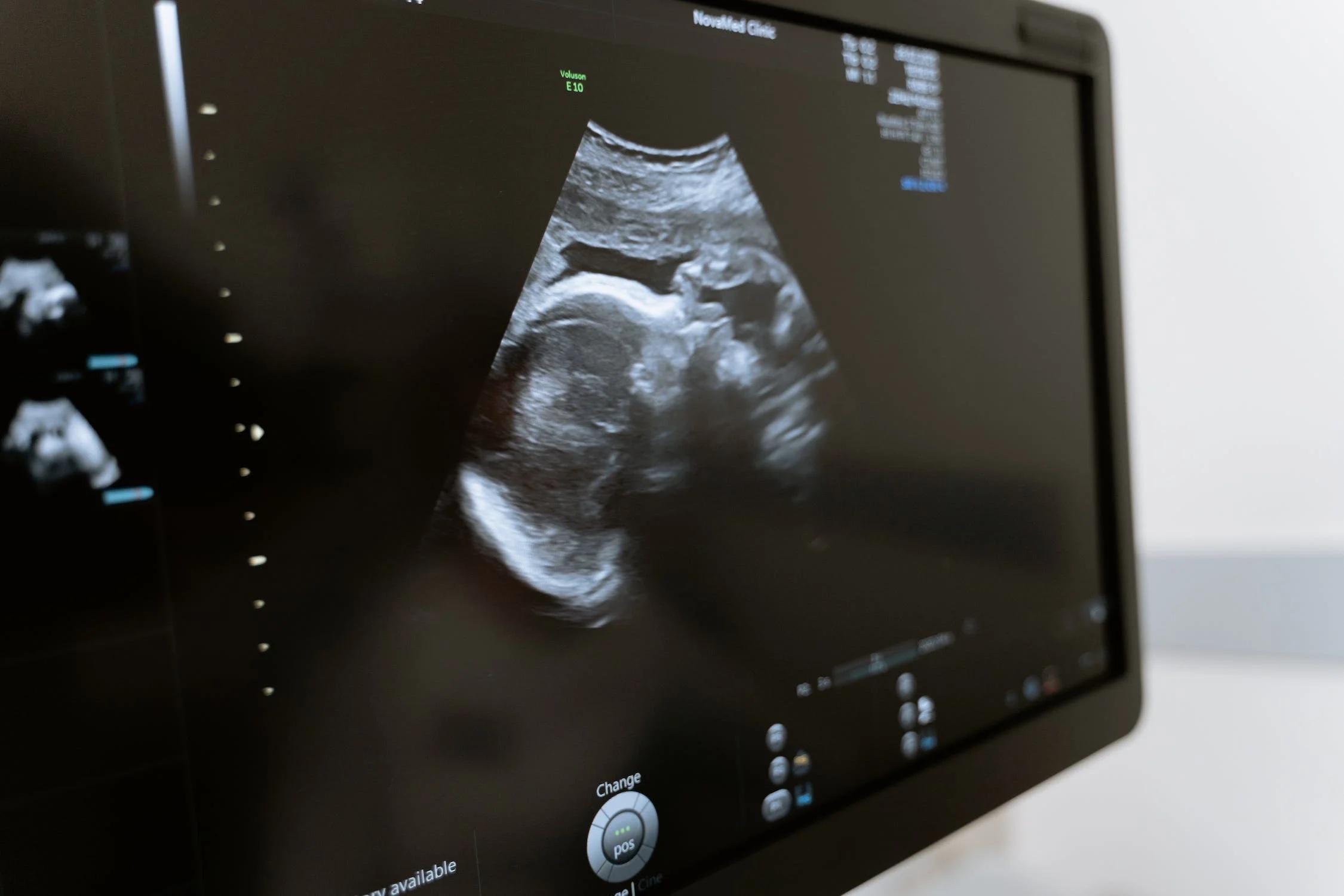
The plaintiffs stated that their destroyed frozen embryo falls under the statute as a “minor child.” The state’s overruling of Mack v. Carmack, which influenced the victory in favor of the plaintiffs, seemed to hold that the wrongful death statute does not apply “if the fetus was not viable at the time of death.”
Could Facilities Be Charged With the Criminal Homicide Law?
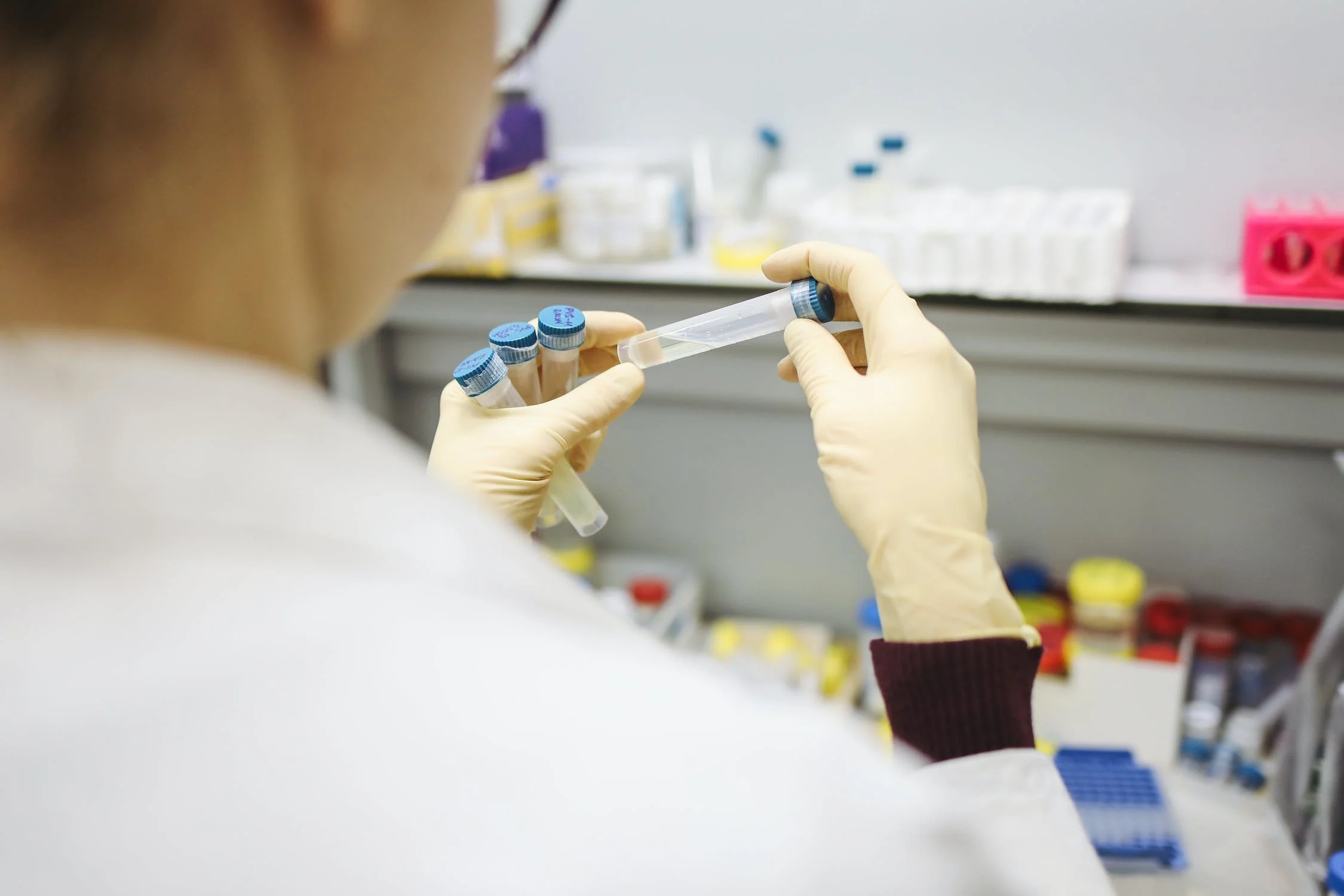
The Wrongful Death of a Minor Act permits civil lawsuits in limited circumstances, and Alabama’s criminal homicide law applies only to “an unborn child in utero,” meaning that the embryo or fetus is in the womb.
It remains unclear whether authorities can criminally prosecute someone for homicide if they harm an embryo stored in a cryogenic facility. However, the financial risk might be enough for these facilities to pause any IVF producers until they understand how this ruling affects them.
Clinics and Hospitals Are Asking Courts to Reconsider
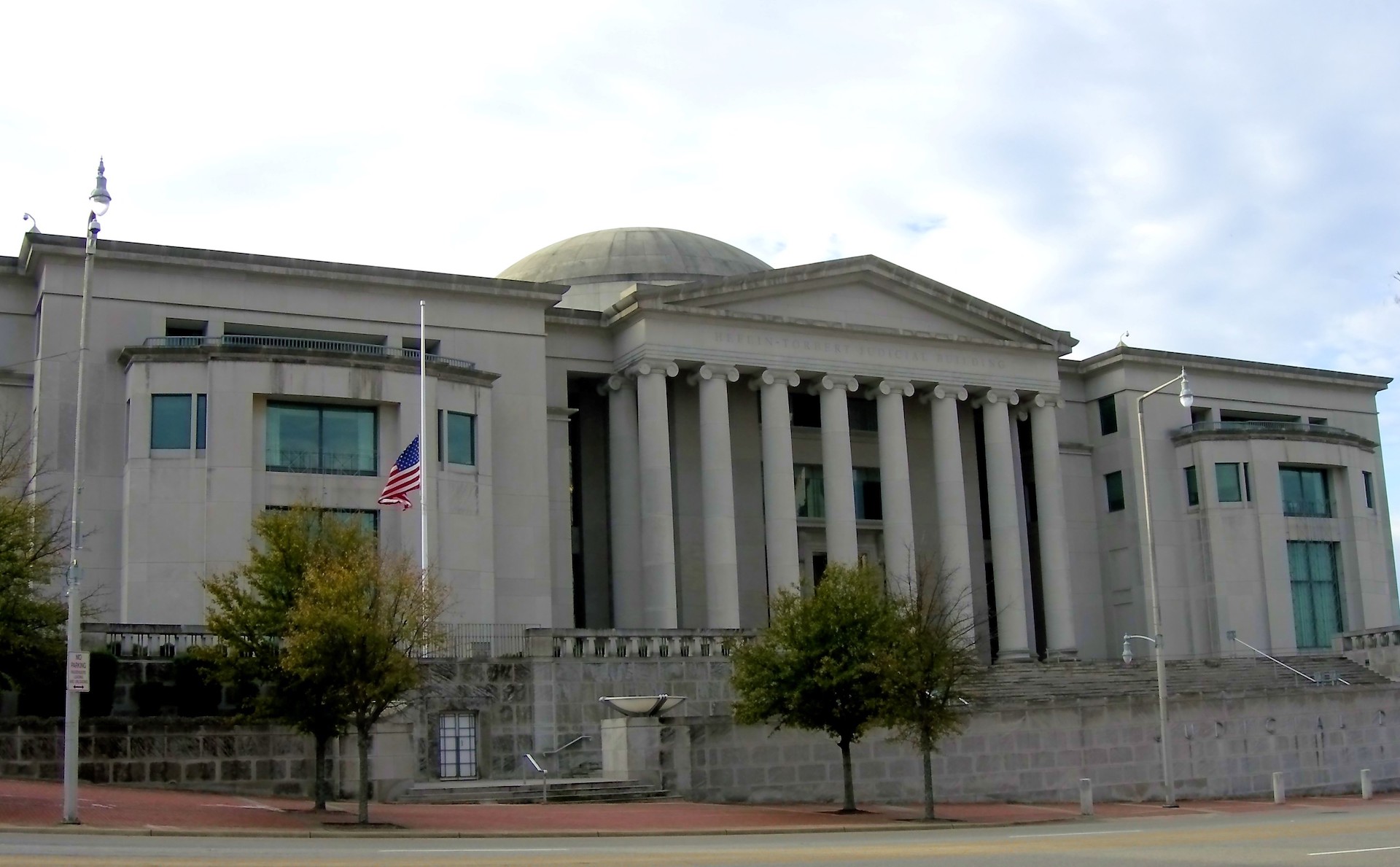
While the Justice Department has stepped in to say that Alabama can not use conspiracy laws to prosecute people and groups who help women leave the state to obtain abortions, the state is finding other avenues to create limitations in line with the state’s values. The clinic and hospital that are defendants in the case could ask the court to reconsider its decision.
